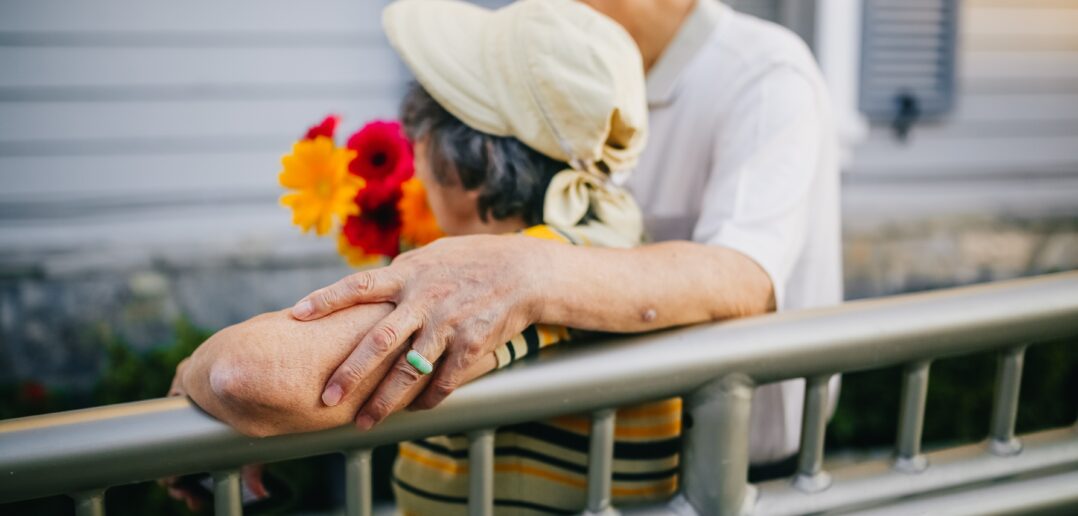Over years of research, the lab of Jack A. Elias, MD, the dean of medicine and biological sciences, has shown that circulating levels of chitinase 3-like-1 (CHI3L1) increase during infection and normal aging, and may be the best predictor of mortality in people in their 80s.
More recent studies found that CHI3L1 activates ACE2, the spike protein receptor to which the SARS-CoV-2 binds to infect human cells. Elias’s team developed a humanized monoclonal antibody, FRG, that attacks a particular region of CHI3L1; along with another small molecule, it blocked the virus from binding to the ACE2 receptor—so it couldn’t enter the host.
The findings, reported in November in JCI Insight, suggest a way to protect people who have been exposed to the virus from COVID-19, Elias says.
“[FRG] acts like a prophylactic to prevent infection or make the symptoms that the infection induces milder,” he says.
It may also be possible to give a patient with COVID-19 FRG or the small molecule, which halts the infection and effectively “cures” the illness.
“We show … that if we make antibodies or other small molecules that can inhibit chitinase 3-like-1, they can be therapeutics to control viral infection,” Elias says.




